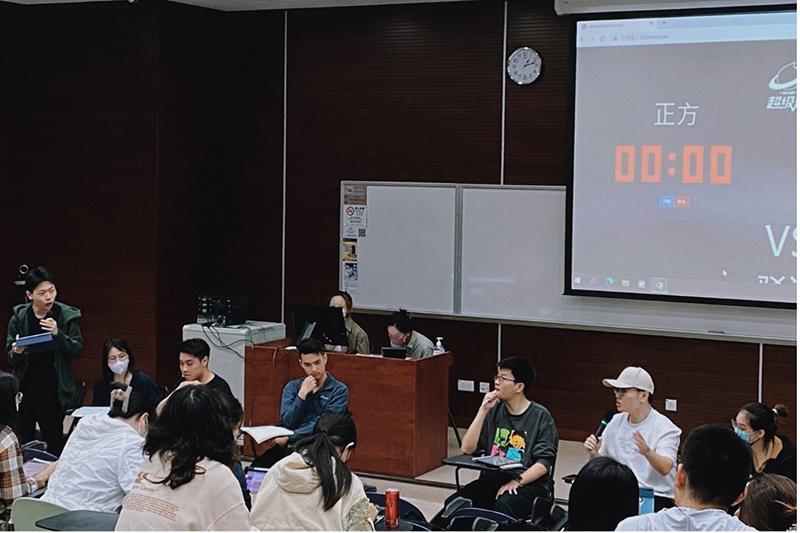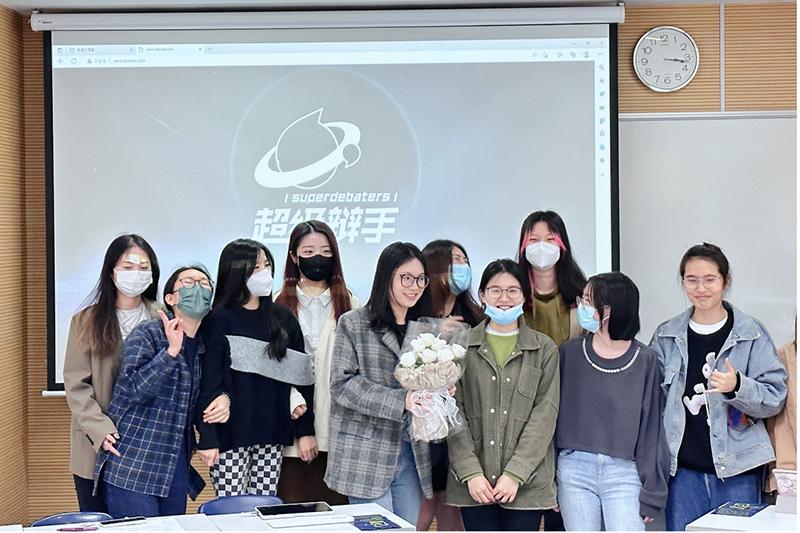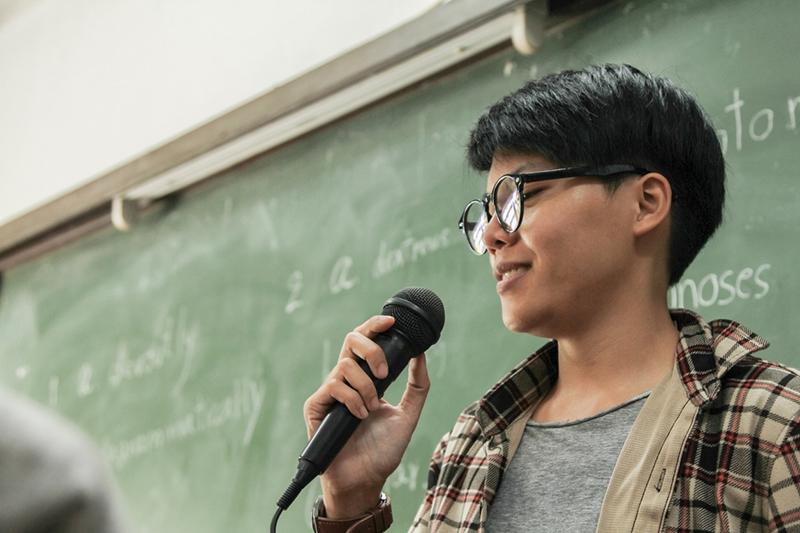
Using the power of debate to enhance critical thinking
You may also like
The role of debate in the learning process is paramount. As a teacher of organisational behaviour (OB), an interdisciplinary field that probes the intricacies of human actions in organisational settings, I have realised the immense potential of an intellectual tug of war. It nurtures essential skills such as critical thinking and logical reasoning in students.
OB itself draws on myriad concepts, theories and principles from psychology, sociology and anthropology, creating a broad understanding of human behaviour in the workplace. Given the diversity of this field, its students require high levels of critical thinking and logical reasoning to master the concepts. And so to foster these academic and real-world skills, debate sessions have become an integral part of my OB course.

To create a lively learning environment and enhance critical-thinking skills among my students, I introduced a “super debaters” competition. The engaging activity has been met with exuberance and active participation and has become a much-anticipated feature of my OB course. The students research and gather supporting evidence for their respective positions, fuelling dynamic and rigorous analysis, interpretation and evaluation of the topic at hand.
Before they participate in the debate, students need basic skills such as critical thinking, research skills and how to formulate a sound argument. They should understand the structure of a debate and how to respect and respond to opposing viewpoints. Public-speaking skills – such as articulation, voice modulation, body language and using eye contact – are important, too.
I aim to set aside class time to explain these skills and let students practise. However, the beauty of debate is that it is also a process of learning by doing. As students participate, they start developing these skills.
- Collection: Teaching critical thinking
- Using affective learning to foster engagement and critical thinking
- Harness human and artificial intelligence to improve classroom debates
Super debaters is no ordinary debating competition. It is a platform for students to delve into contentious issues related to the course content, express their opinions, challenge opposing views and defend their stance. It encourages them to interrogate an issue, scrutinise evidence and construct logical arguments, thereby honing their critical-thinking and logical-reasoning skills.
When choosing a topic for a debate, I consider the following factors:
- Relevance: I choose topics that are related to the course content, students’ lives or hot topics in society.
- Controversial aspect: Each topic should have the capacity to generate an effective debate.
- Student interest: If the topic is stimulating to students, they are more likely to immerse themselves in discussion and go deeper into understanding the topic.
- Compatibility with students’ comprehension level: The topic shouldn’t be too difficult or obscure for students to understand and discuss in depth.
- Enhance students’ critical-thinking skills: Suitable topics encourage students to view problems from different perspectives. They have a high relevance to the teaching objectives and can engage the students, provoking their thinking.
Each debate session begins with the introduction of a relevant topic – a recent question was “Is emotional intelligence more important than cognitive intelligence in the workplace?” – and the class is divided into teams of four to six students. Each group is assigned a position to defend, sparking off an intellectual tug of war.
After each team has presented, you could have an open-floor debate where members of each team can question the other’s arguments. It’s essential when setting up the debate that the rules and expectations are explained clearly to the students in terms of time allocation, order of speakers and respect for each other’s speaking times.
During these debates, students are encouraged to maintain the decorum of a healthy debate, present their arguments effectively, challenge their opponents logically and respond to counterarguments critically. The exercise promotes a deep understanding of the course content and fosters a spirit of enquiry among students.
At the end of each session, the entire class votes to decide the “best” debaters. The process ensures a fair and democratic selection. The winning group is presented with a bouquet of flowers (see below), further fuelling the competitive spirit and boosting the students’ confidence.
The super debaters format not only allows students to engage with the course content in a practical and interactive manner, it also bridges the gap between theoretical knowledge and its real-world application. The students have expressed their fondness for this engaging and inclusive method of learning, which has significantly enhanced their knowledge, critical thinking and communication skills.

According to one student, debates enhance their knowledge in an engaging and practical way. The format requires students to refine their ideas, scrutinise their beliefs and articulate their opinions in a cogent manner. Another student emphasised that debates led to a deeper comprehension of theories.
Moreover, this exercise improves the students’ communication skills, as they learn to express their views logically and convincingly, a skill highly valued in both academic and professional realms.
Debates have proved to be an effective pedagogical tool in my OB course. The power of debate is something that educators across disciplines can harness to stimulate intellectual growth among students. It not only enriches the academic journey of students but also prepares them for real-world challenges in the professional sphere.
M. C. Zhang is assistant professor at the School of Liberal Arts at Macau University of Science and Technology.
If you would like advice and insight from academics and university staff delivered direct to your inbox each week, sign up for the Campus newsletter.




